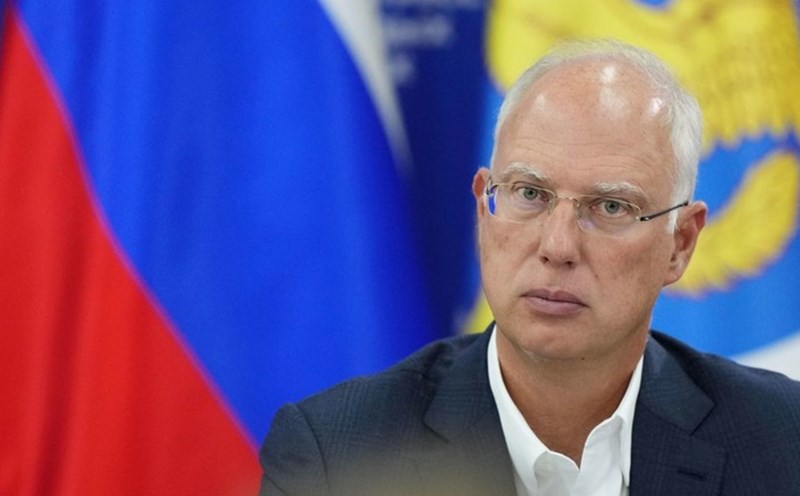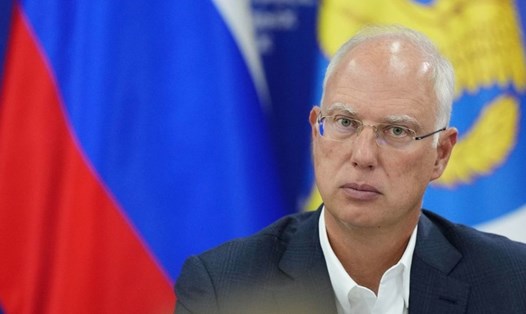AP reported that Brazil's National Energy Policy Council has approved the decision to join OPEC+ after an official invitation from 2023.
OPEC+ includes 12 members of the Organization of the Petroleum Exporting Countries OPEC and 10 other major oil producing countries, with Russia the member with the highest output.
Even if it joins OPEC+, Brazil will not have to fulfill its binding obligations such as cutting output, according to Minister of Mines and Energy Alexandre Silveira. Instead, Brazil's role will be limited to the Cooperation Charter - a forum for discussing oil and gas issues between OPEC and OPEC+ countries.
President Luiz Inacio Lula da Silva, in his third term starting in 2023, has built the image of an environmental protectionist, with commitments to reduce deforestation in the Amazon and protect the rights of indigenous communities. However, he also believes that oil revenue can finance the transition to green energy.
Recently, Mr. Lula da Silva has pushed Brazil's environmental protection agency to grant a license for oil drilling and exploration near the Amazon River - one of the most biodiversely populated areas in the world. This raises concerns about Brazil's true commitment to the fight against climate change.

With an output of about 4.3 million barrels of oil per day, accounting for 4% of global output, Brazil is currently the world's seventh largest oil producer. In 2024, crude oil surpassed soybeans to become Brazil's top export commodity, accounting for 13.3% of total export turnover.
The US is currently the world's largest oil producer with nearly 22 million barrels per day, while Saudi Arabia's output, the largest oil producer in OPEC, is about 11 million barrels.
Participating in OPEC+ is considered by experts to be a reasonable step in the context of Brazil affirming its position in the global energy industry.
Petroleum expert Luis Eduardo Duque Dutra from Rio de Janeiro Federal University commented that, in addition to OPEC+, Brazil has just been approved to join the International Energy Agency (IEA) and the International Renewable Energy Agency (IRENA).
This helps Brazil keep up with global energy developments, in line with the countrys strong development in offshore oil and gas exploitation and renewable energy such as wind and solar, Mr. Dutra analyzed.
He also emphasized the strategic benefits of strengthening relations with other countries: In the period of trade war, information is as valuable as gold.
However, Brazil's decision to join OPEC+ has been met with criticism from environmental organizations, especially in the context of the country preparing to host the COP30 Conference in November. The global climate conference's main goal is to reduce dependence on fossil fuels, while Brazil expands its oil exploitation.
Suely Araujo, representative of the Climate Monitoring Network of 133 environmental, civil and academic organizations, strongly criticized the move: Brazils participation in OPEC+ is a clear step backward for the government. Expanding fossil fuel exploitation means that we are opting for solutions of the past instead of facing current and future challenges.











